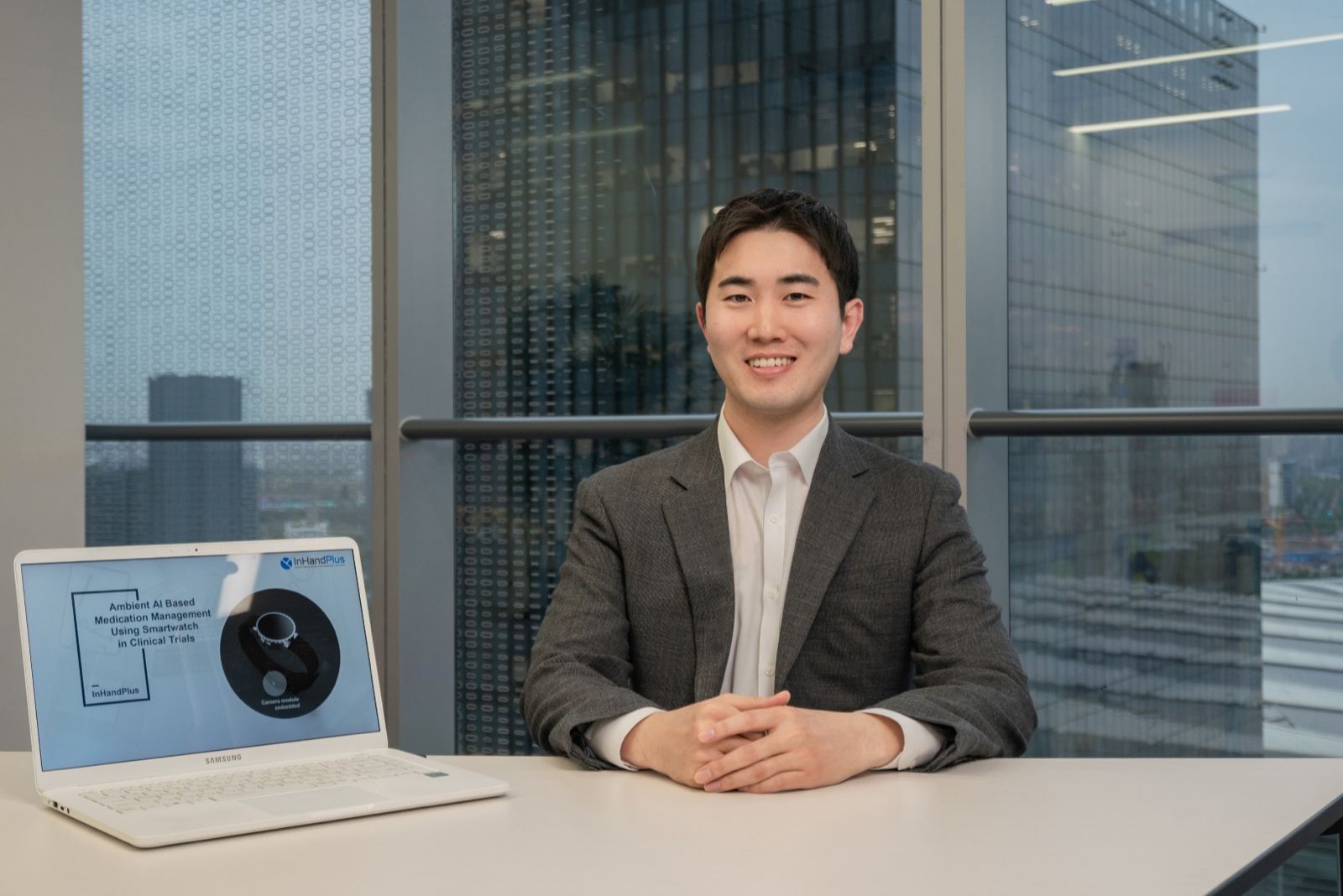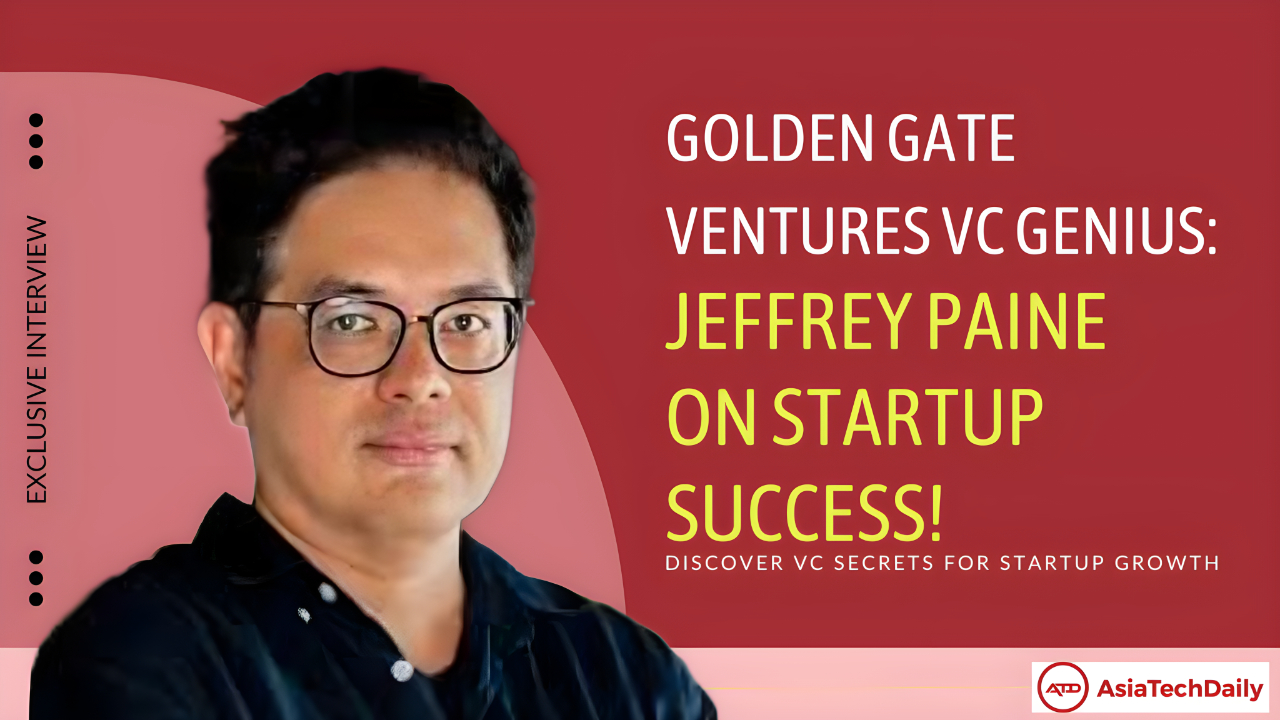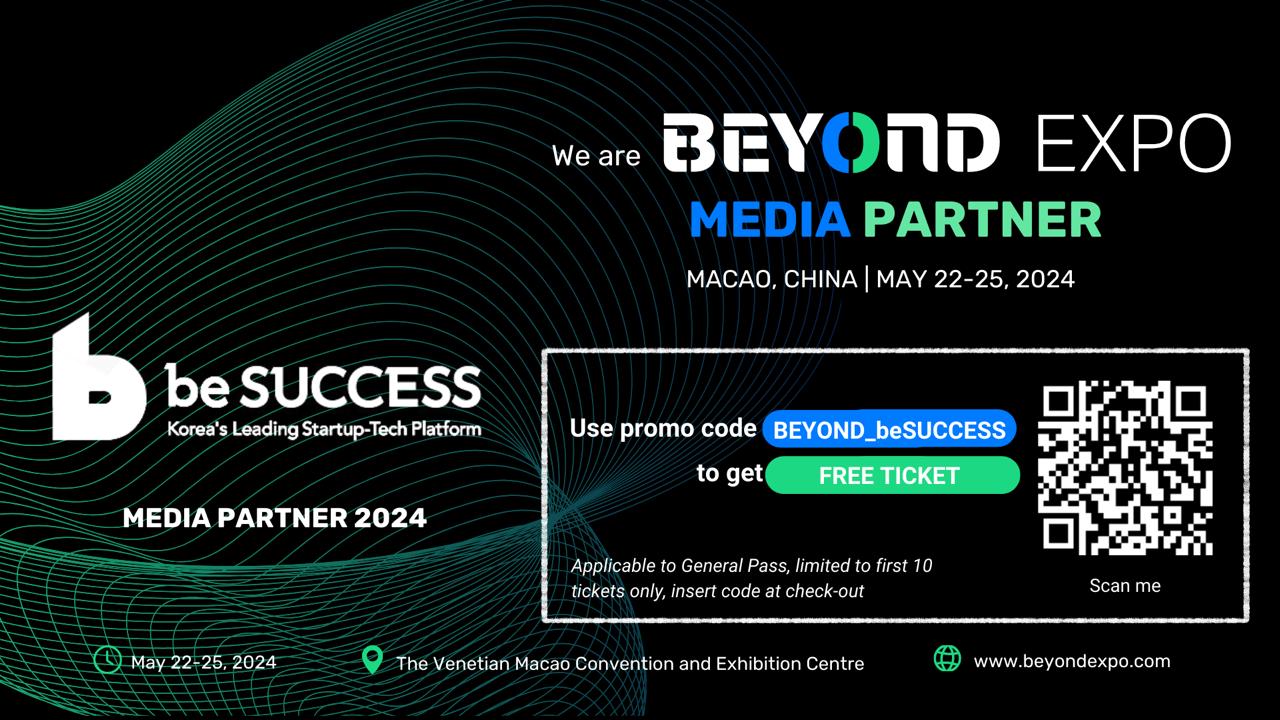AsiaTechDaily – Asia's Leading Tech and Startup Media Platform
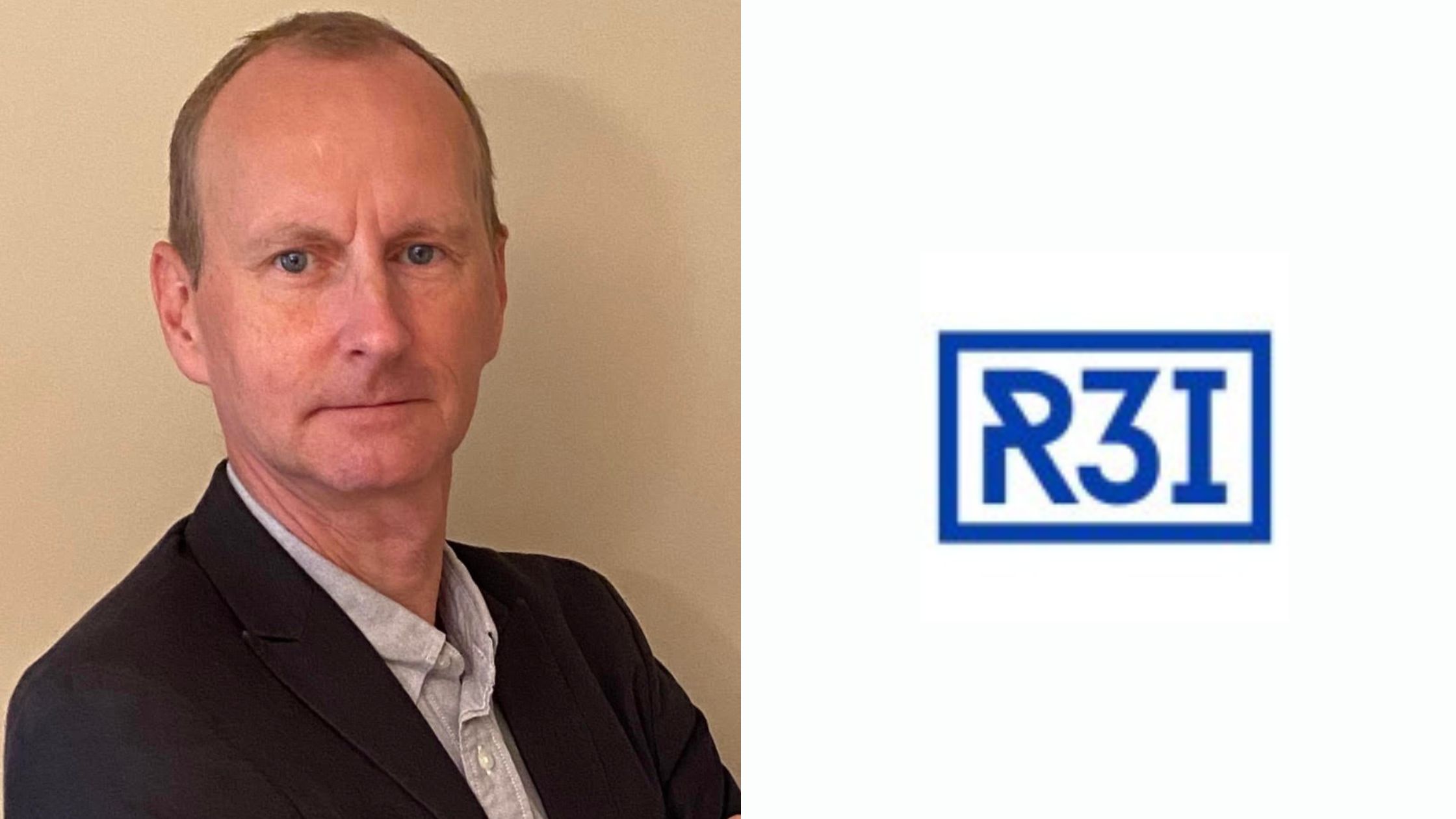
Decoding the Startup Investment Mindset: In Conversation with Peter Hlavnicka
Founder of Phi Ventures and venture partner at R3i Ventures, Peter Hlavnicka is an Angel Investor, Founder, Co-Founder, and CxO. He actively participates in startup competitions, serving as a judge, and mentoring founders through Phi Ventures Pte Ltd, his startup consulting firm specializing in intellectual property strategy and M&A.
The Editor of Asia Tech Daily attempted to delve into his journey, gaining insights into startup evaluation, and extracting guidance for aspiring investors and founders.
Peter founded Phi Ventures in 2020 with Phi Ventures where today the company has clients such as R3i Ventures Pte Ltd., Lattice Semiconductor Corp., Cypress Semiconductor Corp. (Infineon Company), SunPower Corp., Glee Trees Pte Ltd, MHL LLC., Connor Consulting, and others.
Similarly, R3i Capital is a pivotal seed-stage player that was founded in 2020. The company invests and successfully exits companies with a strategic focus on patent-based enterprises. R3i Capital has been into diverse sectors, including healthcare, agritech, water, renewable energy, public safety, cybersecurity, space and the environment, and industrial automation.
While talking about his journey into R3qi, Peter says, “After my 30+ years in corporate hi-tech exec roles, I joined R3i Ventures as a Venture Partner and learned about the startup ecosystem and investing as we went along.”
In startup investments, Peter has a different perspective to looking at startups. He introduced us to the process they follow at R3i Ventures, emphasizing what they term “The V.C. Acid Test.”
“At R3i Ventures, we use our early assessment process, which we call The V.C. Acid Test. Foremost, I look at the startups’ teams – cohesiveness, experience, energy and knowledge and willingness to learn. I do not work with teams that show intelligent arrogance – know it all – these founders have a hard time raising regardless of how smart they are or their business promise.”
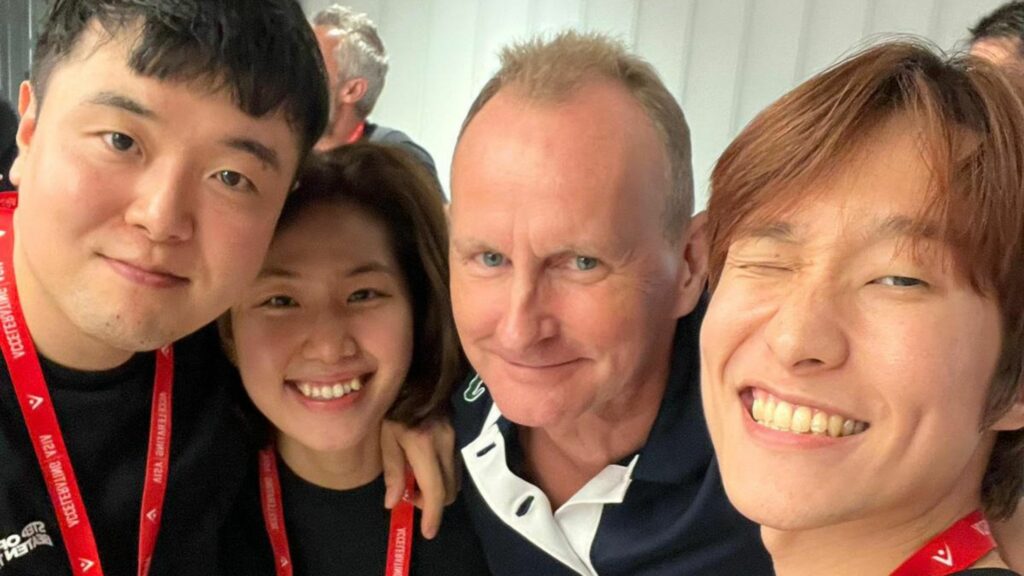
The evaluation process then delves into the problem-solution fit, market positioning, and technological aspects, especially intellectual property.
“Then I look at the problem and market – is the problem well defined and is the solution “painkiller or jewelry” – something needed or just nice to have; market size, positioning, competition, etc.”
“As I mostly focus on tech companies, Technology is the next criterion – any I.P. (patents, trademarks, trade secrets) boosting dependability, raising barriers of entry and freedom to operate. Then I look at the startups’ customers. Startups’ “guanxi” – who do they know and who knows them – does a startup have any connections that can advise them, open the doors, provide professional advice, etc. Last but not least are the financials – 5-year forecast, spending prudence, cap table transparency, and so on,” Peter adds.
Navigating the delicate balance between short-term financial returns and long-term strategic growth is crucial for startups. Peter’s advice centers on three key elements.
“Preserving cash – spending discipline – cash is the king, especially in the earlier stages. Revenue is as important as it increases the company’s valuation. Startups need to stretch their runway as far as they can so they can create more value and acquire more customers.”
He highlights the value of non-dilutive grants, especially in the early stages, to supplement funding. According to Peter, long-term strategic growth is about taking measured steps toward audacious goals.
“Long strategic growth does not mean startups have to have everything I place right away. Big audacious goals are not achieved in a day – a startup needs to execute small “affordable’ steps towards this goal.”
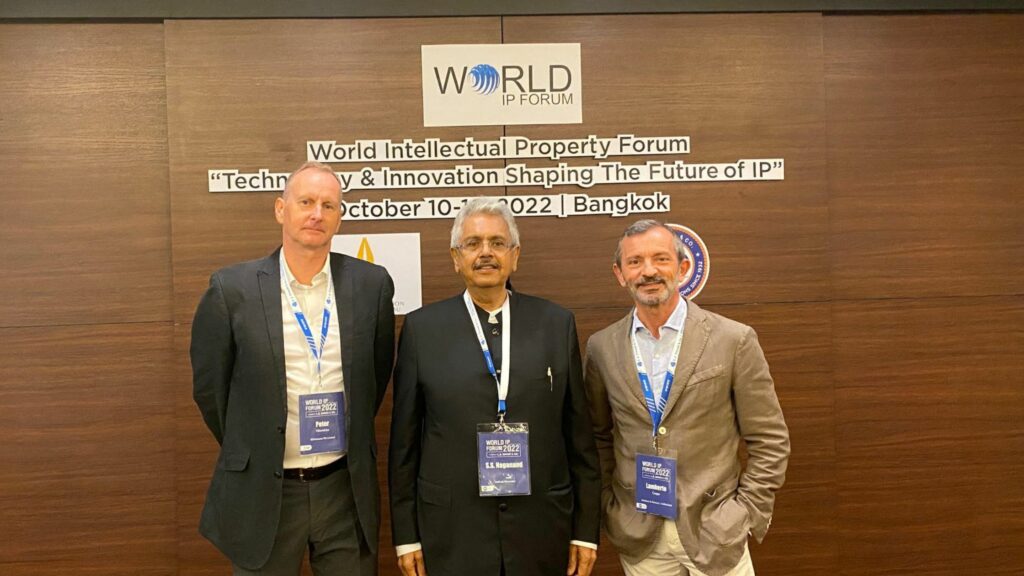
Guidance for New Investors
For new investors entering the complex field of startup investing, Peter’s advice is clear:
- Educate yourself about how it all works,
- Look into areas of interest
- Get involved in startup communities/events
Peter’s approach helps to see what is out there and what one may like to do as an investor. Due diligence is crucial, and he recommends starting with the V.C. Acid Test as a foundation for evaluating potential investments.
Peter further emphasizes the importance of building strong, collaborative relationships. He encourages investors to actively engage with startups, offering financial support, advisory services, networking, and door-opening opportunities.
Strategic mindset for new founders:
Drawing from his extensive experience, Peter provides valuable insights for early-stage founders navigating the fundraising process. He cautions against vulture investors and emphasizes the importance of due diligence on both sides. Founders, he suggests, should start fundraising well in advance and be wary of debt financing in the early stages.
“Debt financing may also, in some cases, be problematic, especially in very early stages. While debt financing is a legit source of fundraising, it should be used when the company already has assets and revenues to leverage.”
When asked about the strategic mindset or key principles new founders should adopt, especially considering his background in strategy and commercial operations, Peter shared invaluable insights:
“Founders should always use Critical Thinking Framework for Complex Decision Making – L.E.A.D.S.:
L. Is this legal? both by the letter and the spirit of the law.
E. Is this Ethical? Based on your standards and international standards.
A. Is this Acceptable? Based on the expectations of those stakeholders who matter most.
D. Is this Defendable? If it is on the front page of the financial times can you defend it?
S. Is this Sensible? Sometimes it passes the L.E.A.D. test, but it is simply not sensible.”
Founders should always ask themselves the two globally responsible leadership questions:
1. Does this decision change who we are as a company (Our identity – who we say we are as a company and how we operate) and, most importantly,
2. Does this decision change who I am as a person?
For early-stage founders defining critical milestones, Peter suggests aligning goals with the business type. Identifying key metrics in software or medtech is essential for tracking progress.
Beyond his professional endeavors, Peter takes pride in contributing “pro bono” work in advisory and mentoring. His passion lies in supporting founders and promoting impact investing, women founders, and other causes for a better future.
“At R3i Ventures and at my own business, we are promoting impact investing and founders, women founders, and other causes to help the progress towards a better future.”
In his moments of relaxation, Peter finds balance through physical activities like swimming, running, and cycling. Traveling to experience different cultures and cuisines also provides a rejuvenating escape.
Also Read:
- Techstars Launches Accelerator Program in Japan with Mitsui Fudosan and JETRO
- The Philippines Government Collaborates with Marikina City to Foster Innovation and Startups
- Indonesia’s Klinik Pintar Secures $5M in Series A1 Funding to Propel Healthtech Expansion
- Investing with Purpose: SoGal Ventures’ Journey with Pocket Sun
- Startups Shine at KB Financial’s ‘2023 HUB Day’ for Innovative Collaboration


